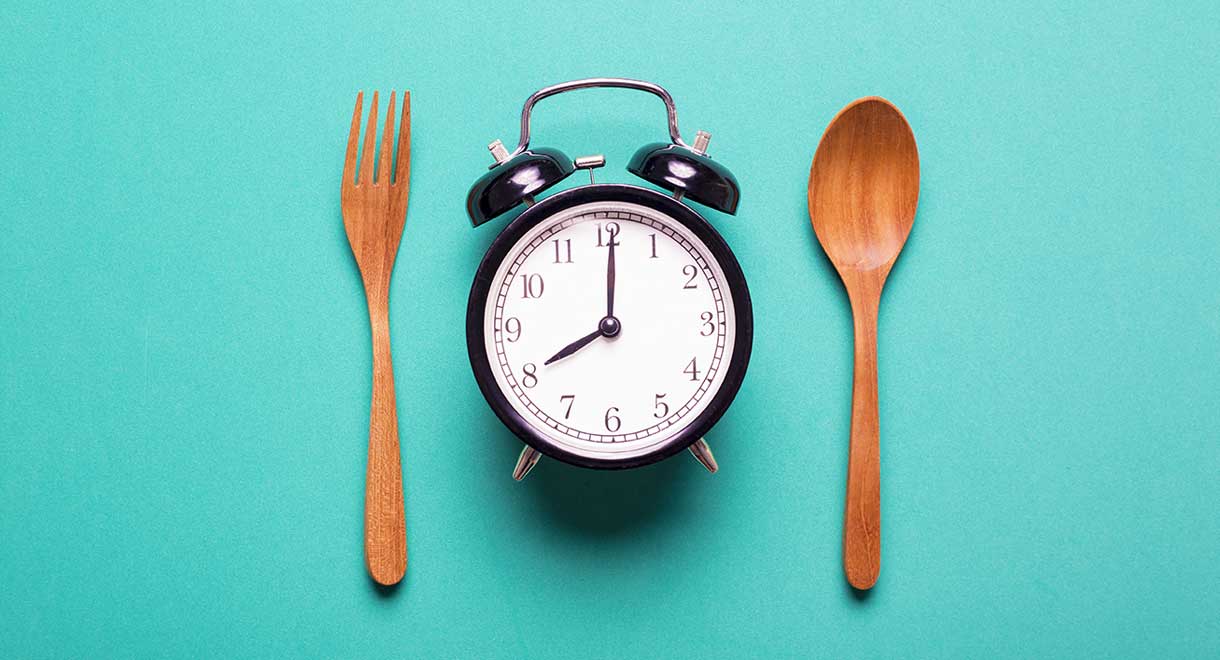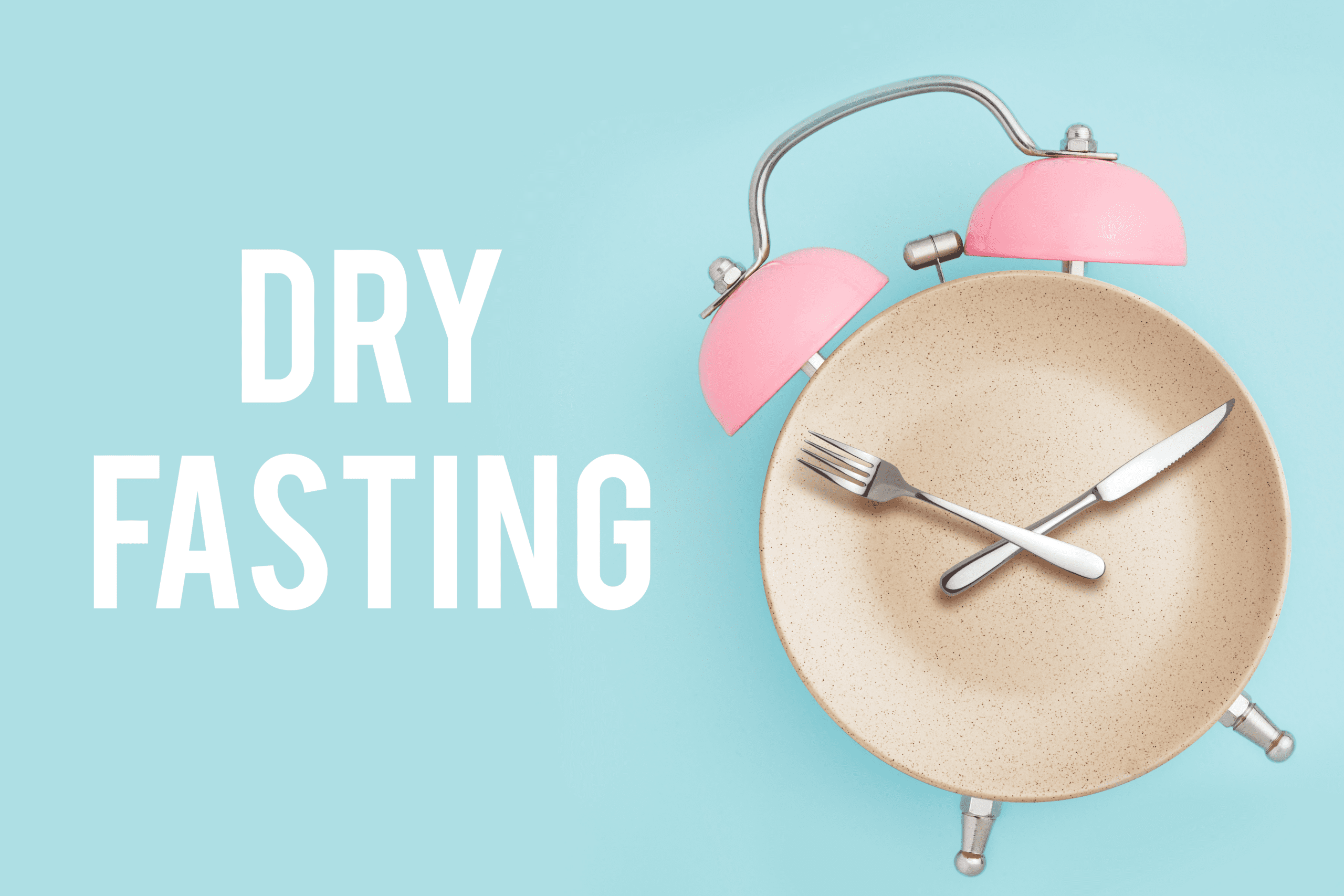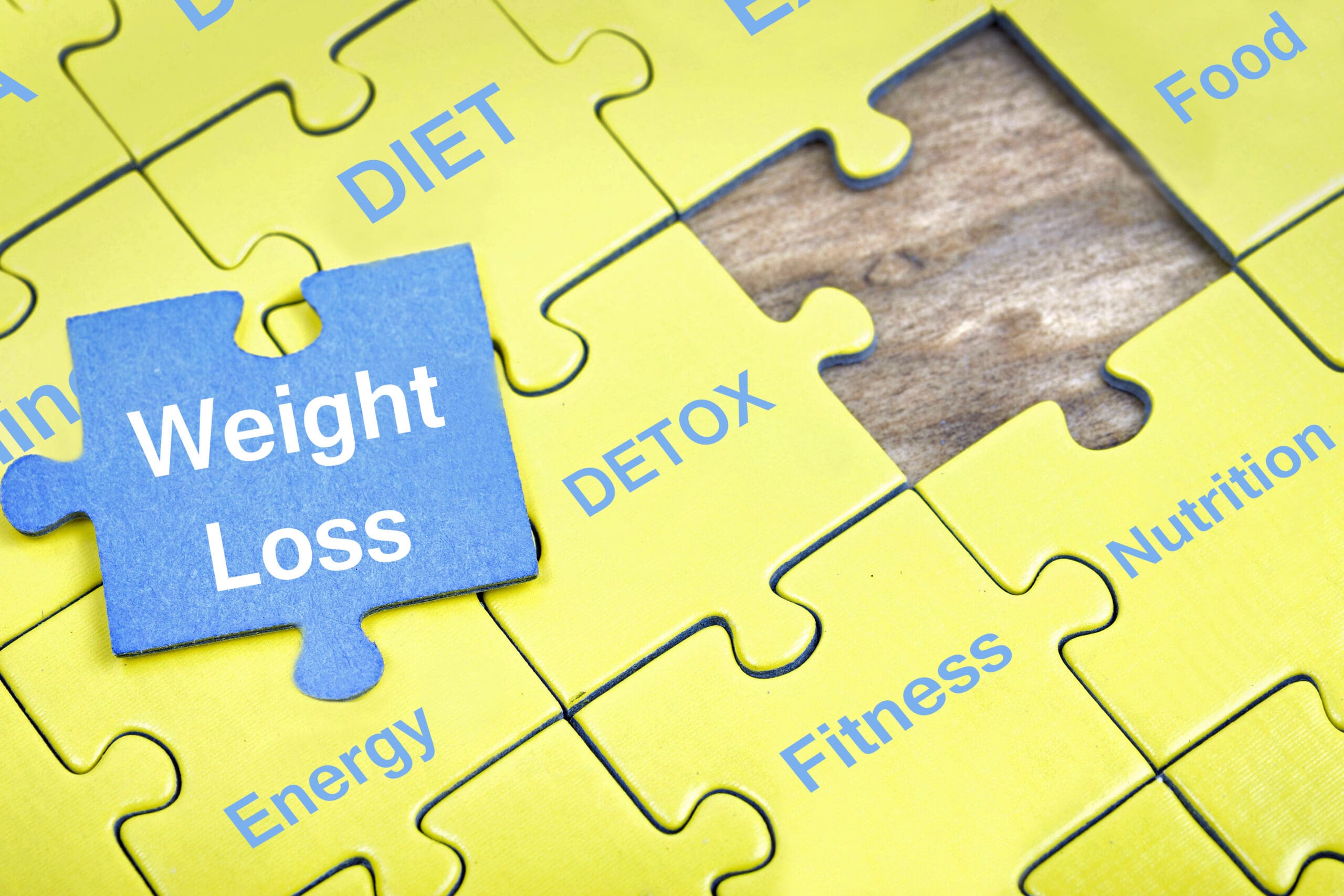Top tips to prevent binge eating
By Jessah Robinson, Adv Dip (Nut Med)
By ‘binge eating’ we are referring to both those weekend binges of chocolate and chips as well as the more serious Binge Eating Disorder (BED), which is characterised by regular episodes of eating excessive amounts of food even when not hungry that can impact health and leave people feeling guilty and ashamed. Here are some top tips to help you stop binge eating and gain back control:

1. Quit dieting
Fad diets can often be very restrictive which tends to cause episodes of binge eating. Rather than following diets that remove entire food groups or drastically reduce calorie intake, focus on making small healthy changes at a time to increase success in the long-term. Eat more whole foods like fresh vegetables and fruits, lean protein sources and quality fats which will promote satiety and support better health overall.

2. Don’t skip meals
Regularly skipping meals can cause cravings and increase your risk of overeating, particularly of the wrong types of foods. Setting a regular eating schedule that you can stick to, is one of the most effective weight loss tools. Whether you prefer to have 3 solid meals each day or smaller, more frequent meals, try to stick to a regular schedule that will help prevent binge eating.

3. Eat more protein
Protein is excellent for reducing cravings and promoting satiety. Good protein sources include poultry, lean meat, turkey, oily fish (tuna, sardines, herring, mackerel, salmon), eggs, legumes, nuts and seeds. Try to include at least one good source of protein in each meal, and keep high-protein snacks on hand for when those pesky cravings hit. Having a good quality protein powder such as Synd X powder or Superfood Powder is very helpful to have between meals to curb your appetite. The Dr Cabot 15 Day Cleanse meal plan ensures you are receiving adequate protein at each meal, and provides nutrient-rich superfoods, to keep you feeling satisfied and energetic.

4. Be mindful
Mindfulness involves paying attention to your body and how you feel in the present moment. It is an excellent technique for preventing overeating as you tend to eat slower and really focus on your chewing which allows more time for your satiety signals to reach your brain and establish you are full. Mindfulness is also great for relaxation and establishing a positive relationship with food.

5. Consume more fibre
Fibre is present in foods such as vegetables, fruits, legumes and wholegrains. There are two types of fibre: soluble and insoluble. Soluble fibre attracts water to form a gel-like substance, while insoluble fibre adds bulk to the stool allowing it to travel more easily through the digestive tract. Fibretone is an excellent source of dietary fibre, combining psyllium husk with herbs and amino acids which acts as a safe, non-habit forming, gentle laxative.

6. Up the H2O
Increasing water intake has got to be one of the most simple and effective ways of boosting overall health. Adequate water intake ensures hydration of all cells to carry out important functions, increases metabolism, aids digestion, improves skin and eye health and increases weight loss. Often people mistake being thirsty with being hungry, thus increasing water intake often curbs cravings and prevents binge eating.

7. Try yoga
Yoga is an ancient practice that encompasses mind and body, incorporating breathing exercises, meditation and poses to bring about relaxation and alleviate stress. It’s become extremely popular, particularly over the last decade or so, with fans of yoga being coined ‘yogis’. Research has indicated that yoga can decrease levels of the stress hormone cortisol to reduce stress and prevent binge eating.

8. Sort your kitchen
Just like the expression ‘Out of sight, out of mind’, having plenty of junk food in the kitchen is a sure-fire way to fall off the wagon when cravings hit. On the other hand, stocking your kitchen with healthy options can reduce your risk of emotional eating by having limited unhealthy options. Here are some healthy food swaps to start making today.

9. Sweat it out
It shouldn’t come as a surprise that exercise offers a multitude of benefits, including preventing binge eating. A six-month study of 77 people showed that increasing the amount of weekly exercise stopped binge eating in 81% of participants. Exercise also helps to lower blood sugar levels, regulate blood pressure, promote weight loss, increase metabolism and improve skin health. It’s best to incorporate cardio and weight training, such as running, walking, cycling, resistance training and plyometric (jumping) exercises.

9. Get enough zzz’s
Many people often underestimate the importance of sleep, which is essential for restoration and vitality, a healthy immune system, energy levels, and even weight loss. Not getting enough sleep increases levels of the hormone ghrelin, the hunger hormone and decreases levels of leptin, the satiety hormone, which often leads to higher food consumption and consequent weight gain. It is recommended to get between 7 and 8 hours of sleep a night. Magnesium is a powerful mineral that reduces sleeplessness and promotes restful sleep.

10. Confide in someone
Everyone can use a little support from time to time. Having a friend or family member to talk to when you feel like bingeing is a simple and effective strategy to prevent overeating. Having someone to confide in helps to reduce stress, which can help to reduce unhealthy behaviours such as emotional eating. A study that was conducted on 125 obese women discovered that better social support was linked to decreased binge eating severity. If binge eating has become a significant problem in your life you may benefit from seeing a counsellor or psychologist.

11. Plan ahead
Two words: Meal prep. Speaking from personal experience and countless articles, meal prepping or simply being organised, drastically minimises the chances of overindulging on junk foods. It also helps to improve the quality of your diet, and the quantity of what you are eating as you can portion up your meals into containers for the week ahead. Sunday is a convenient day for meal prep as most people don’t work which allows ample time to chop up veggies for juices or salads, bulk cook a protein source such as chicken or brown rice, or even whip up some bliss balls for healthy snacks. A study in over 40,000 adults showed that meal planning was linked to improvements in diet quality and diet variety, as well as lowering the risk of obesity.
If you are trying to achieve a healthy weight, Metabocel tablets help to increase body fat loss and promote a healthy metabolic rate, in conjunction with a healthy diet and exercise routine.
References:
https://www.ncbi.nlm.nih.gov/pubmed/16740317/
https://www.ncbi.nlm.nih.gov/pubmed/8932555
https://www.ncbi.nlm.nih.gov/pubmed/10441245
https://www.ncbi.nlm.nih.gov/pmc/articles/PMC5288891/









Leave A Comment